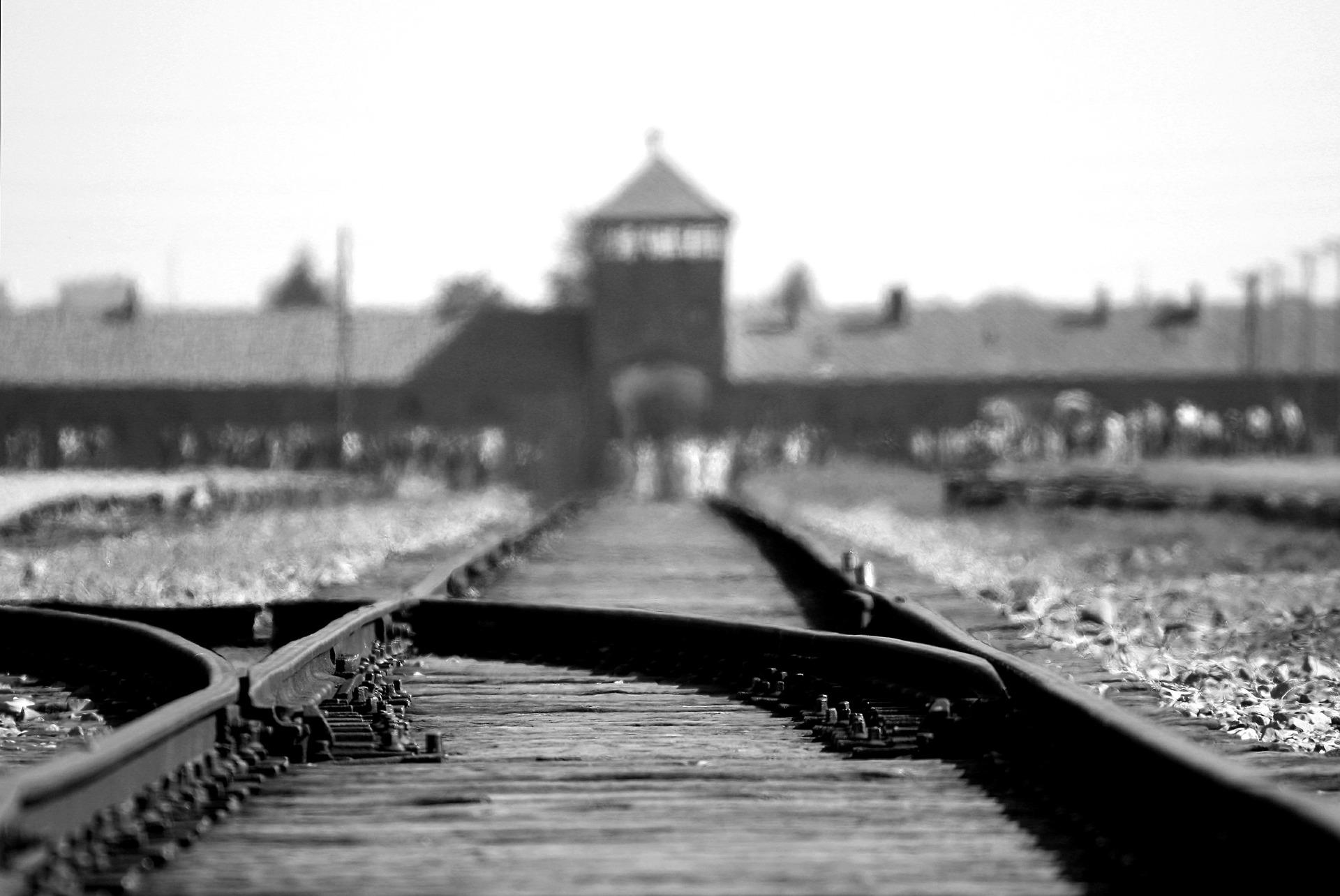Tackling White Ignorance in International Law—“How Much Time Do You Have? It’s Not Enough”
1- White Supremacy and the International Legal Order Writing in 1997, Charles Mills threw a grenade into political theory. With a touch of hyperbole, we might even say he collapsed the contours of the social sciences. Standard undergraduate philosophy courses, he tells us, cover two thousand years of political thought. Mainstream philosophers introduce students to liberalism and libertarianism, capitalism and communitarianism, socialism...










